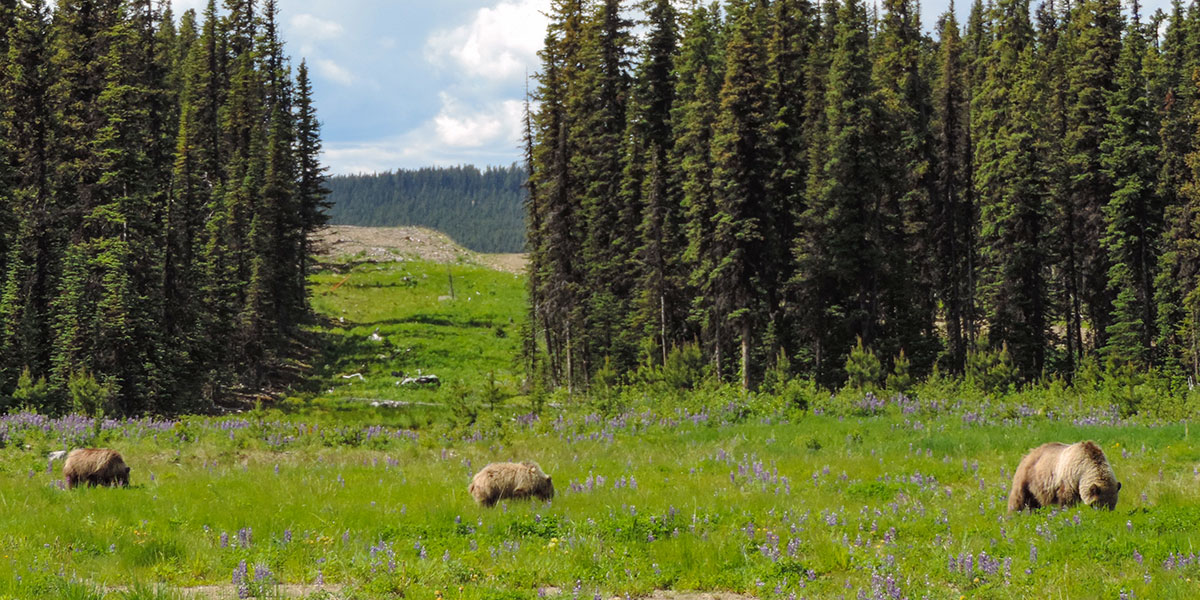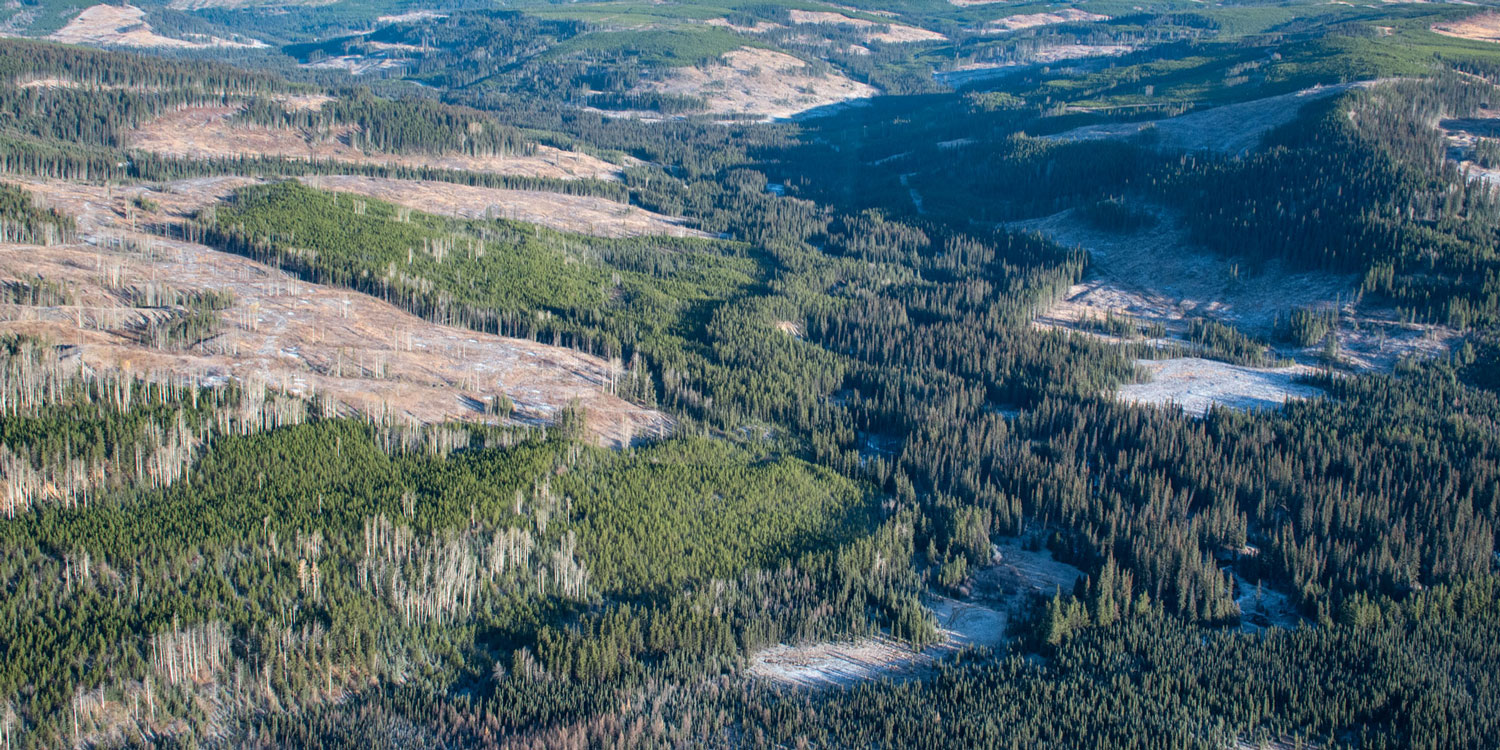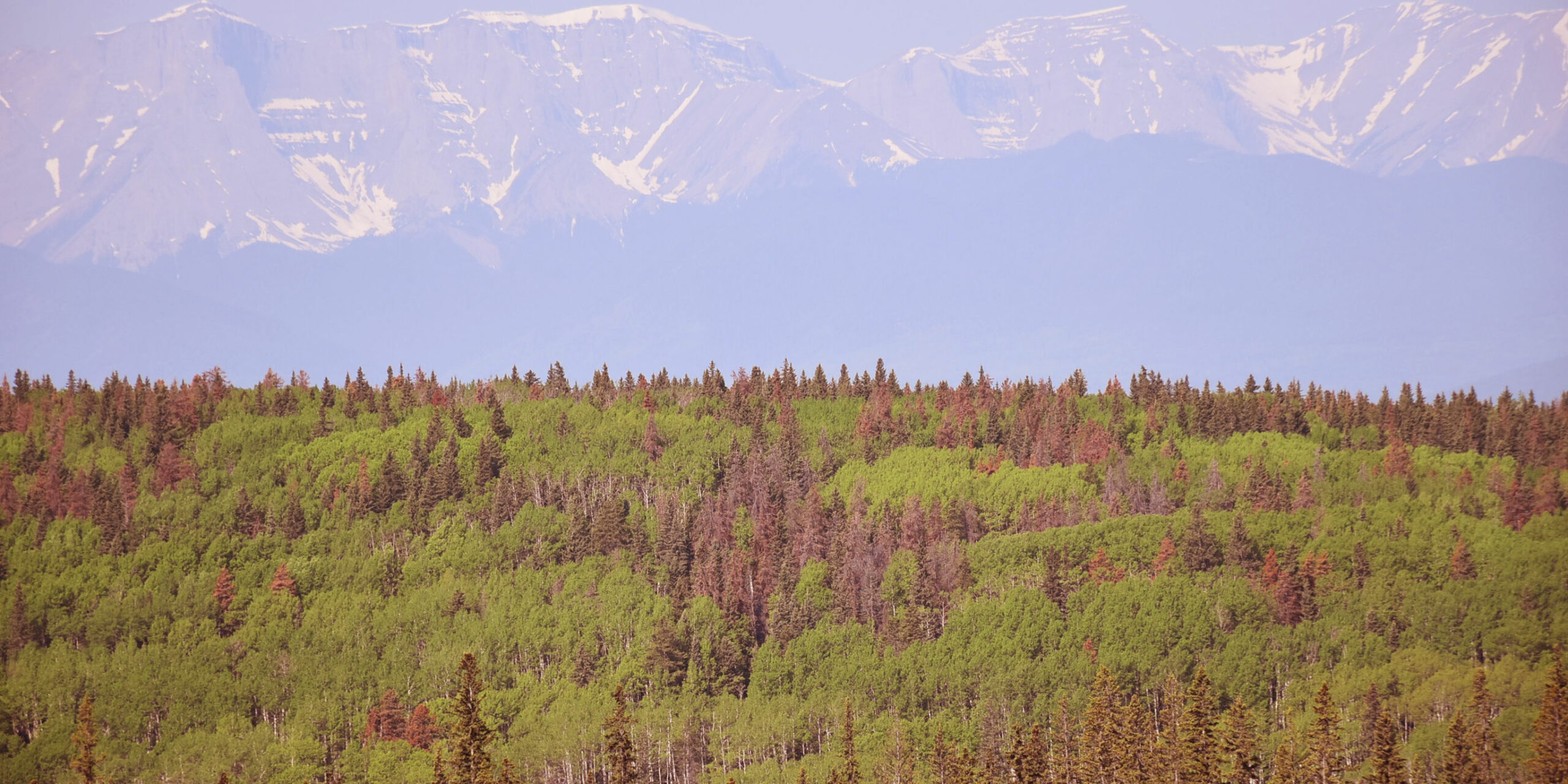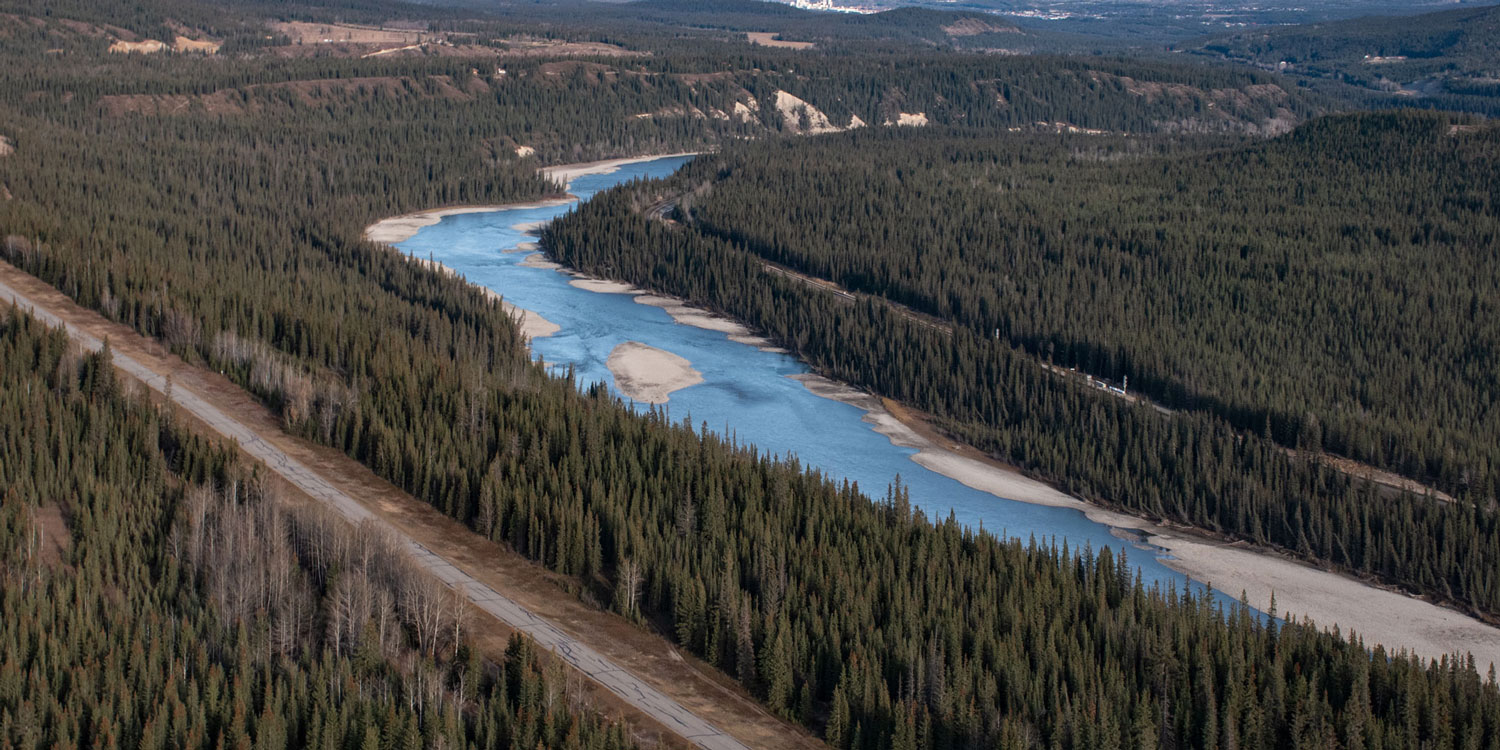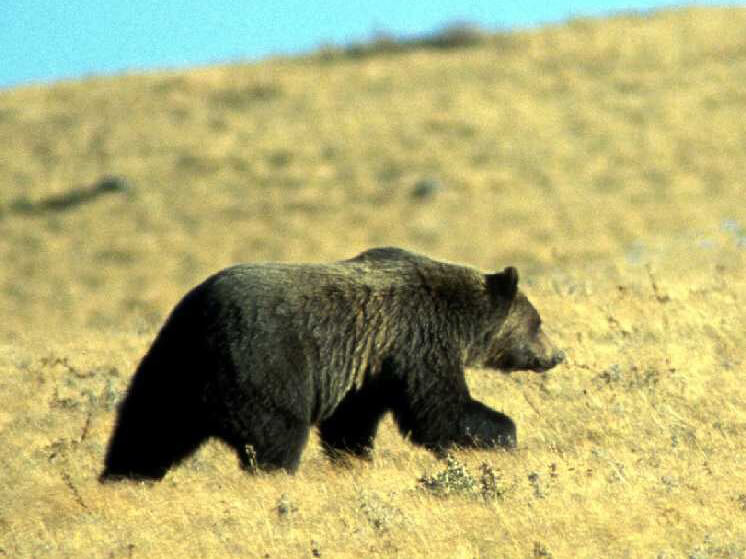
Paper published in Ecological Modelling. Citation and abstract only.
Abstract
The regeneration niche of trees greatly narrows the fundamental niche and is sensitive to climatic change. Development from seed and phenology are regulated by biological and environmental controls, shaping forest successional pathways. We hypothesized that recent climate change is reducing regeneration suitability in northern forests. We used a process-based ecophysiological model to examine changes in forest regeneration conditions across an elevational and latitudinal gradient in Alberta, Canada from 1923 to 2012. We compared these results to a recent empirical study in the region to infer the recent drivers of regeneration change in northern forests. Our results suggest that these forests are experiencing climatically driven declines in conditions suitable for regeneration. Contrary to previous findings indicating poorer current conditions in low elevation forests, we found more stable regeneration potential there, attributable to a relative abundance of soil moisture. Rocky soils resulted in modeled losses of soil moisture at higher elevations, potentially preventing upslope migrations of species despite warming. We identify potential mechanisms driving unexpected tree regeneration patterns described in previous studies. Our simulations suggest a delayed response of forest regeneration to warming throughout the past 90 years.
Access the full article (with subscription) here.
Citation
Erickson, A., Nitschke, C., Coops, N., Cumming, S., & Stenhouse, G. (2015). Past-century decline in forest regeneration potential across a latitudinal and elevational gradient in Canada. Ecological Modelling, 313, 94–102. doi:10.1016/j.ecolmodel.2015.06.027



